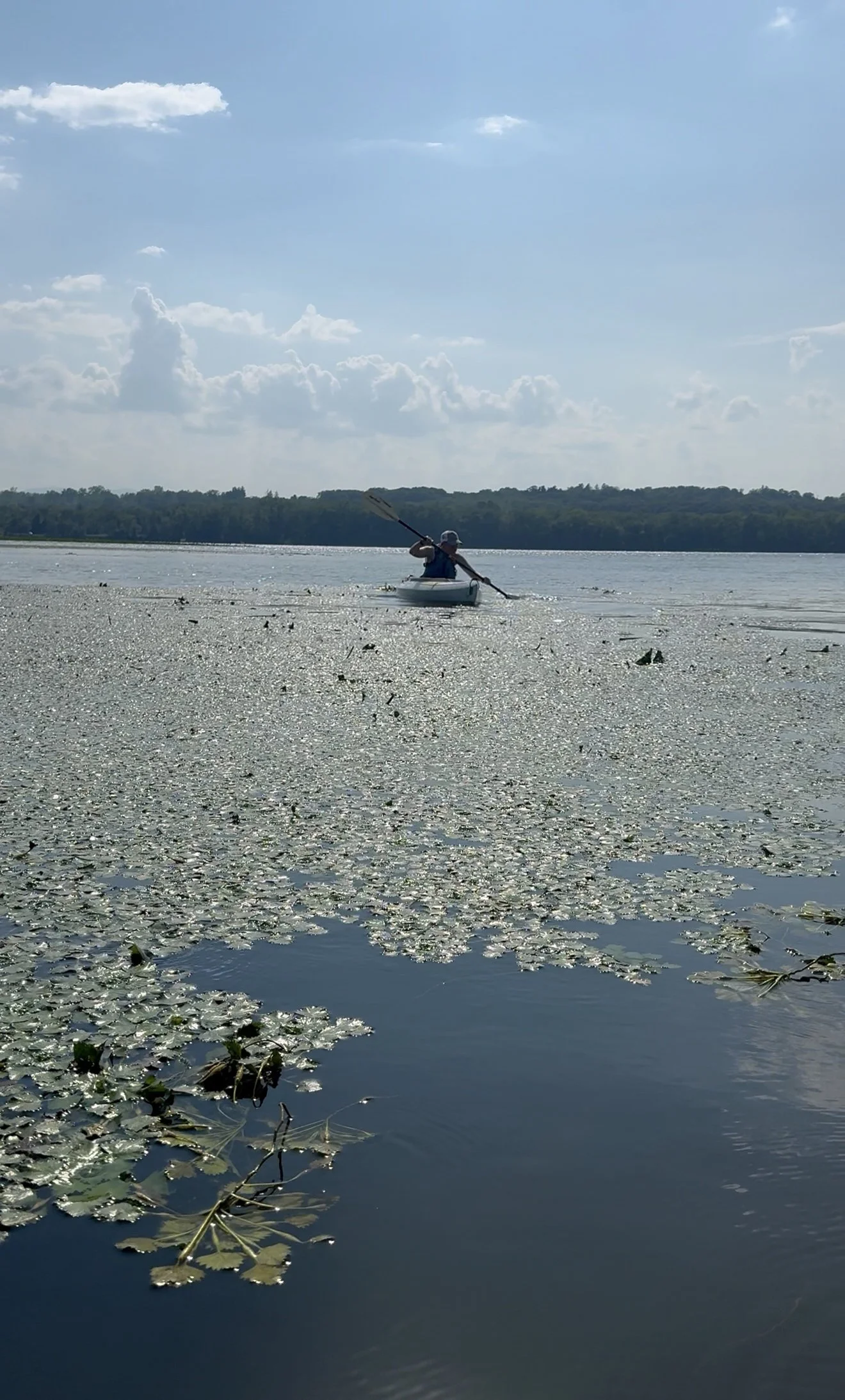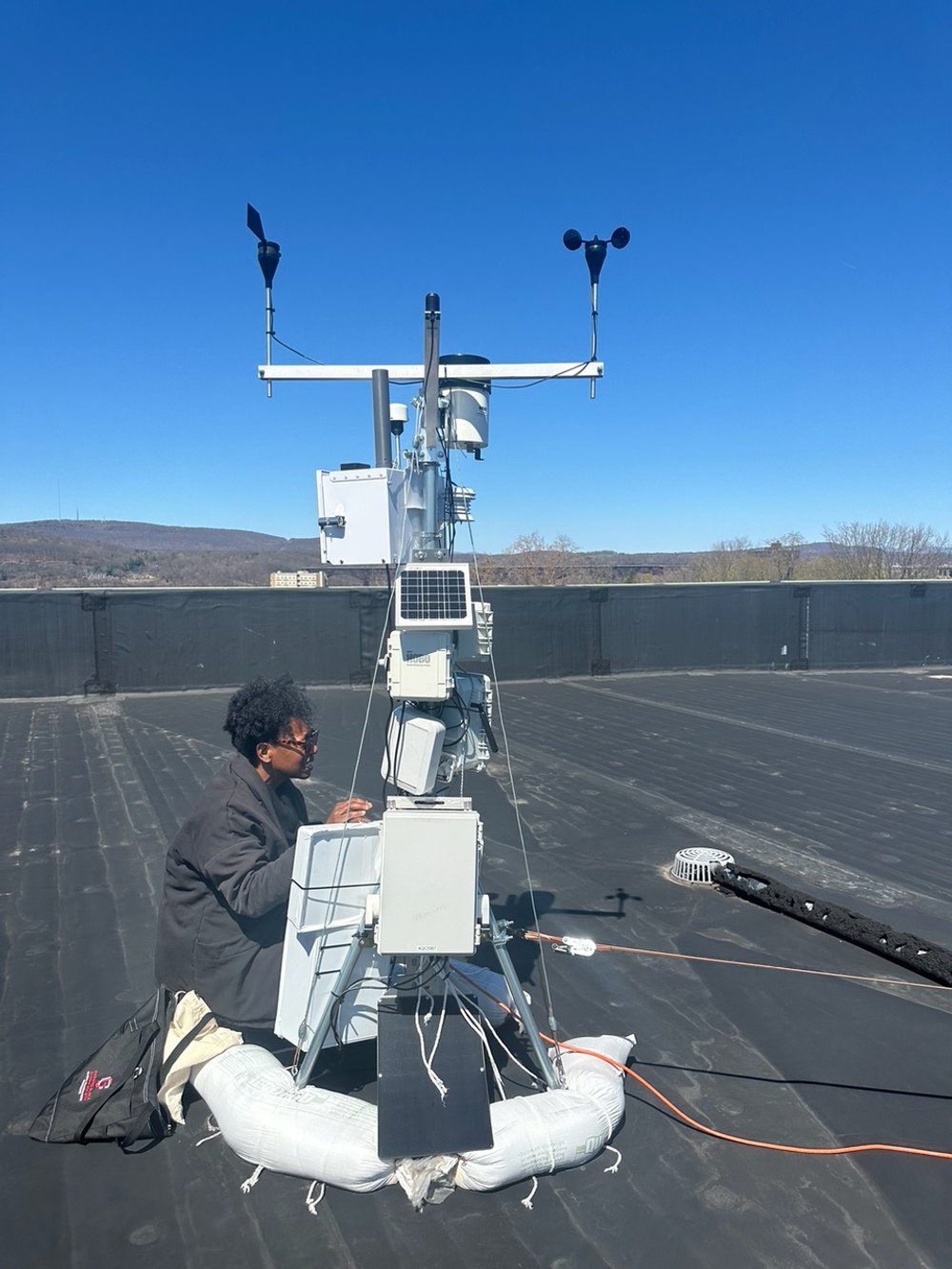Help toads (and frogs and salamanders) cross the road
“Amphibians contribute to a healthy, functioning ecosystem and during this time of year, road mortality can pose a significant threat to our frogs, toads, and salamanders.”
During the late winter and early spring, as the ground begins to thaw, the roadways come alive – literally – as amphibians emerge from their underground shelters and walk to woodland pools to breed. But sometimes these pools are across a well-traveled road and they need a little assistance.
According to the New York State Department of Environmental Conservation, population numbers of amphibians have declined in the United States due to land-use and associated habitat loss in addition to climate change since these species are heavily dependent on seasonally flooded wetlands.
These migrations take place in large numbers throughout the Hudson Valley on rainy nights usually from mid-March to early April when temperatures are above forty degrees Fahrenheit. During these “Big Night” migrations, hundreds – even thousands – of amphibians can be on the move, with the slick rain helping move them along their journey, which can sometimes be as far as a quarter of a mile long.
So, how can you help?
Volunteers of the Amphibian Migrations and Road Crossings Project are asked to document the locations where migrations cross roads, record weather and traffic conditions, and identify and count the amphibians on the move, and submit their findings to the DEC later that night.
Since 2009, volunteers have counted 20 species of amphibians, helping nearly 12,000 during Big Night migrations.
Click here for the complete Volunteer Handbook from the DEC
And if you’re simply driving on the first warm, rainy evenings of spring, keep an eye out for these slow moving amphibians.
The Westchester Land Trust will be hosting a special Big Night event on Friday, March 29 from 7 to 8:30pm at the Love Preserve in Lewisboro. Learn how to ID amphibian calls, search for migration spots and help them on their journey during this family-friendly nighttime walk. Free. RSVP + More info: Link
BIG NIGHT TIPS:
Wear reflective clothing and have a bright flashlight
Make sure hands are free of any insect repellent, lotion, soap, perfume or hand sanitizer before handling amphibians
Always move it in the direction it was traveling
Take photos and contact DEC to help ID species
Stay alert and bring a buddy!
Join our mailing list for updates and information from around the Hudson Valley:











